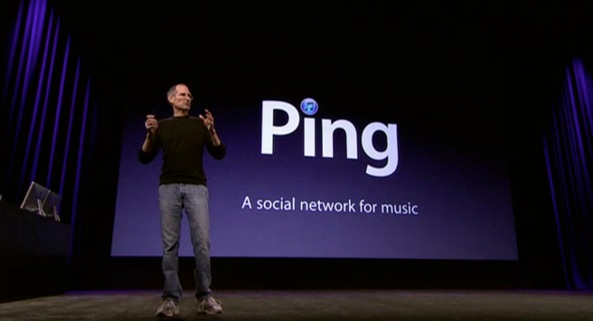The release of the iPhone 4 was revolutionary in many ways. However, certain problems arose along with it, the most serious of which related to the functionality of the antenna in the new model. But Apple initially refused to consider the "antennagate" affair as a real problem.
No problem. Or yes?
But the problem was seen not only by disappointed and dissatisfied users, but also by the respected expert platform Consumer Reports, which issued a statement stating that it cannot in any case recommend the new iPhone 4 to consumers with a clear conscience. The reason why Consumer Reports refused to give the "four" a "recommended" label was precisely the antennagate affair, which, however, according to Apple, practically did not exist and was not a problem. The fact that Consumer Reports turned its back on Apple on the iPhone 4 matter had a significant impact on how the Apple company ultimately approached the whole antenna affair.
When the iPhone 4 first saw the light of day in June 2010, everything looked great. Apple's new smartphone with a redesigned design and a number of new features quickly became a big hit at first, with pre-orders literally breaking records, as well as sales during the first weekend of the phone's official launch.
Gradually, however, customers who repeatedly experienced problems with failed phone calls began to hear from us. It turned out that the culprit is the antenna, which stops working when you cover your hands while talking on the phone. The placement and design of the antenna in the iPhone 4 was the responsibility of Jony Ive, who was primarily driven by aesthetic reasons to make the change. The antennagate scandal gradually took on an online life of its own, and Apple faced significant criticism. The whole matter didn't really seem that serious at first.
"There's no reason — at least not yet — to give up on buying an iPhone 4 because of signal concerns," Consumer Reports originally wrote. "Even if you do experience these problems, Steve Jobs reminds that new owners of new iPhones can return their undamaged devices to any Apple retail store or the online Apple Store within thirty days of purchase and receive a refund in the full amount.". But a day later, Consumer Reports suddenly changed their opinion. This happened after extensive laboratory tests were carried out.
iPhone 4 cannot be recommended
"It's official. Engineers at Consumer Reports just finished testing the iPhone 4 and confirmed that there is indeed a signal reception problem. Touching the lower left side of the phone with your finger or hand - which is especially easy for left-handed people - will cause a significant signal drop, resulting in a loss of connection - especially if you're in an area with a weaker signal . For this reason, unfortunately, we cannot recommend the iPhone 4.”.
https://www.youtube.com/watch?v=JStD52zx1dE
A veritable antennagate storm ensued, causing then-Apple CEO Steve Jobs to return early from his family vacation in Hawaii to hold an emergency press conference. On the one hand, he stood up for "his" iPhone 4 - he even played a fan song at the conference, defending the new apple smartphone - but at the same time, he quite frankly confirmed that there is a problem associated with the "four" that cannot be ignored, and offered the public a solution to it. This took the form of free bumpers – covers for the phone's circuitry – and packaging for customers affected by antenna issues. For subsequent versions of the iPhone, Apple has already responsibly fixed the burning problem.
It could be interest you

Similar to the "bendgate" affair, which affected the owners of the new iPhone 6 Plus a few years later, the problems with the antenna were basically only affected by a certain part of customers. Nevertheless, the affair made headlines and earned Apple a lawsuit. But above all, it contradicted Apple's statement that its products "just work."

I had 4 and had no problem with the signal.
Why does someone keep bringing up this nonsense?